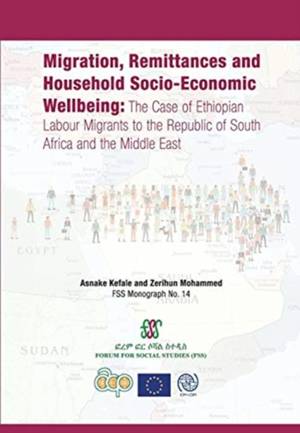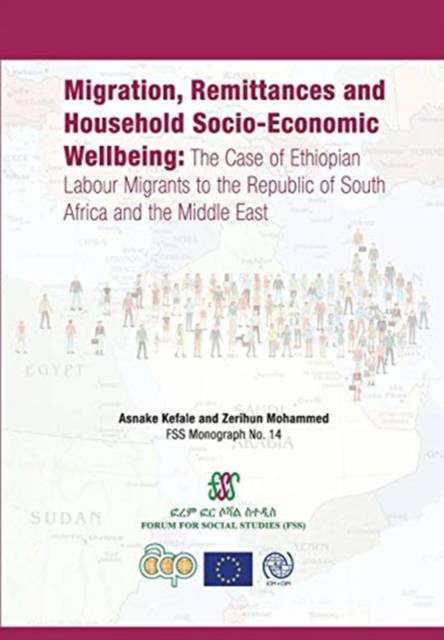
- Retrait gratuit dans votre magasin Club
- 7.000.000 titres dans notre catalogue
- Payer en toute sécurité
- Toujours un magasin près de chez vous
- Retrait gratuit dans votre magasin Club
- 7.000.0000 titres dans notre catalogue
- Payer en toute sécurité
- Toujours un magasin près de chez vous
Migration, Remittances and Household Socio-Economic Wellbeing
The Case of Ethiopian Labour Migrants to the Republic of South Africa and the Middle East
Asnake Kefale, Zerihun MohammedDescription
In recent years, a large number of Ethiopians are travelling to various countries as labour migrants. The Republic of South Africa and the oil-rich Gulf countries have emerged as major destinations for many documented as well as undocumented Ethiopian labour migrants. The majority of the migrants send a substantial amounts of money back to the country for different purposes. Out of this, the largest share comes through 'informal' channels, bypassing banks and other money transfer institutions. The use of informal means of money transfer is problematic as it does often violate government financial regulations, both in the sending and receiving countries. In addition, the use of informal channels denies the country valuable foreign exchange income. This monograph examines the various channels that Ethiopian labour migrants in the Republic of South Africa and the Middle East use to send remittance money to their families; and the respective advantages and drawbacks thereof. It also looks at how remittance money is utilised by receiving families and its socio-economic impacts.
Spécifications
Parties prenantes
- Auteur(s) :
- Editeur:
Contenu
- Nombre de pages :
- 68
- Langue:
- Anglais
- Collection :
- Tome:
- n° 14
Caractéristiques
- EAN:
- 9789994450664
- Date de parution :
- 28-12-18
- Format:
- Livre broché
- Format numérique:
- Trade paperback (VS)
- Dimensions :
- 170 mm x 244 mm
- Poids :
- 122 g

Les avis
Nous publions uniquement les avis qui respectent les conditions requises. Consultez nos conditions pour les avis.






